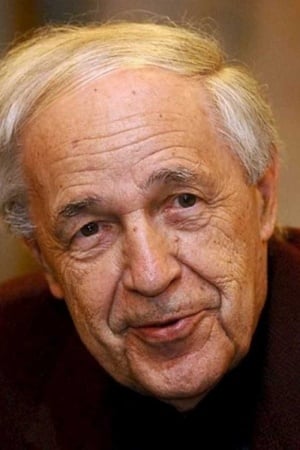
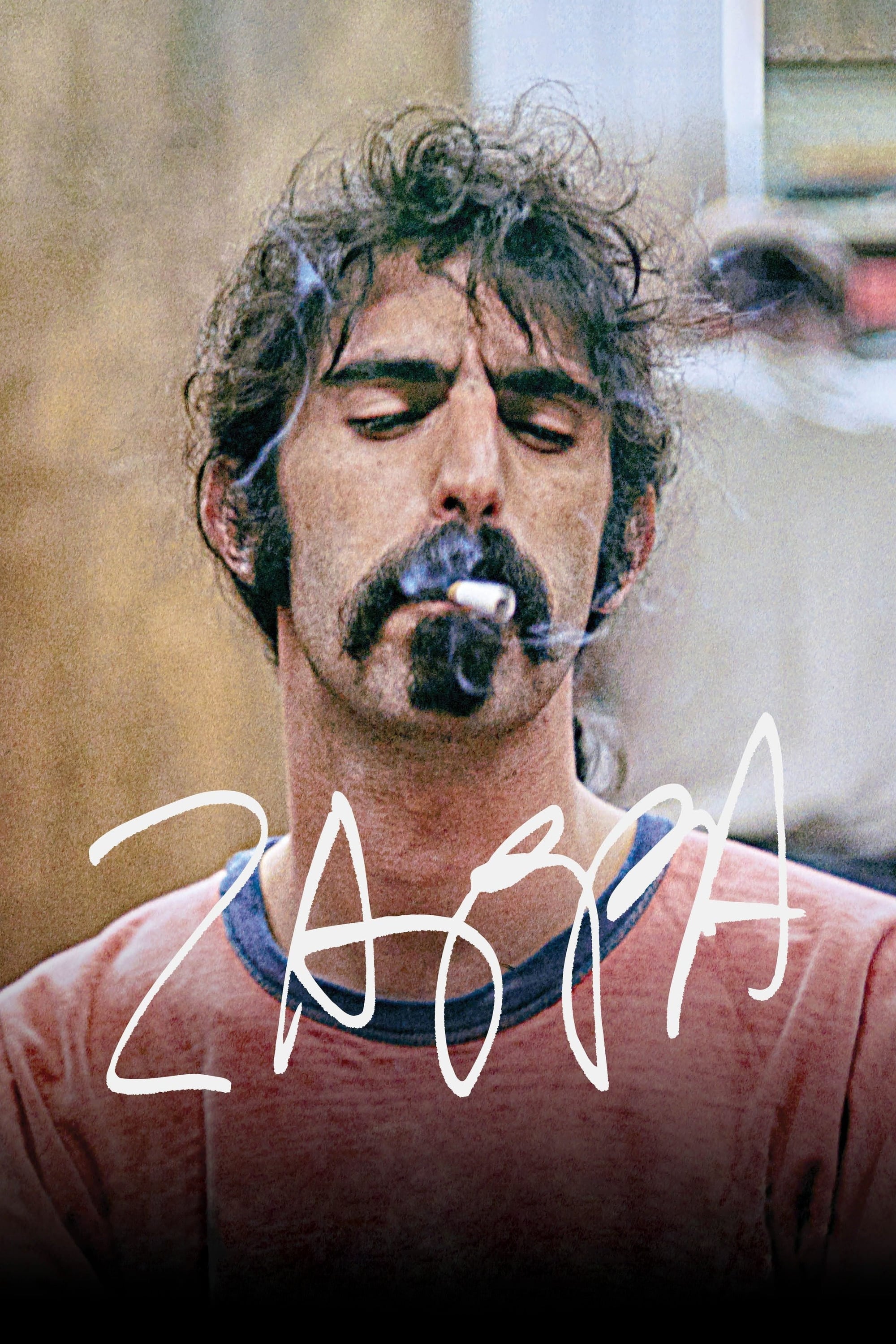
With the help of more than 10,000 dedicated Zappa fans, this is the long-awaited definitive documentary project of Alex Winter documenting the life and career of enigmatic groundbreaking rock star Frank Zappa. Alex also utilizes in this picture thousands of hours of painstakingly digitized videos, photos, audio, writing, and everything in between from Zappa's private archives. These chronicles have never been brought to a public audience before, until now.

Utilizing potent TV interviews and many forgotten performances from his 30-year career, we are immersed into Frank Zappa’s world while experiencing two distinct facets of his complex character. At once Zappa was both a charismatic composer who reveled in the joy of performing and, in the next moment, a fiercely intelligent and brutally honest interviewee whose convictions only got stronger as his career ascended.
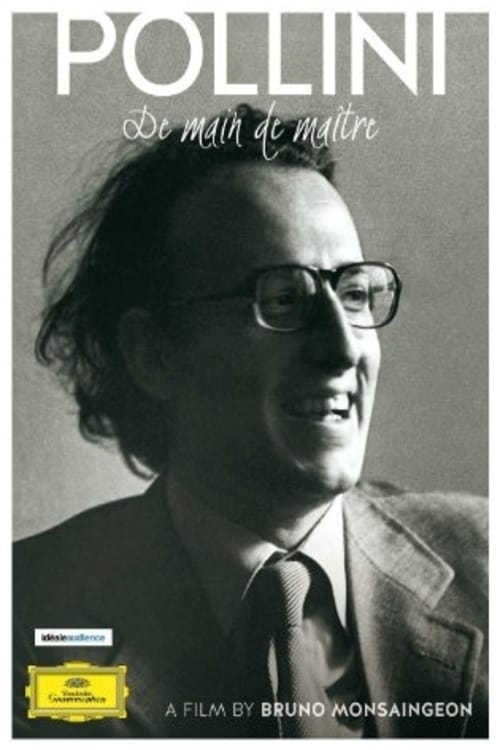
A unique film portrait of the famous Italian pianist. Maurizio Pollini felt himself that the time had come to submit to the probing of the camera, an exercise made all the more necessary because of his usual avoidance of the public eye.
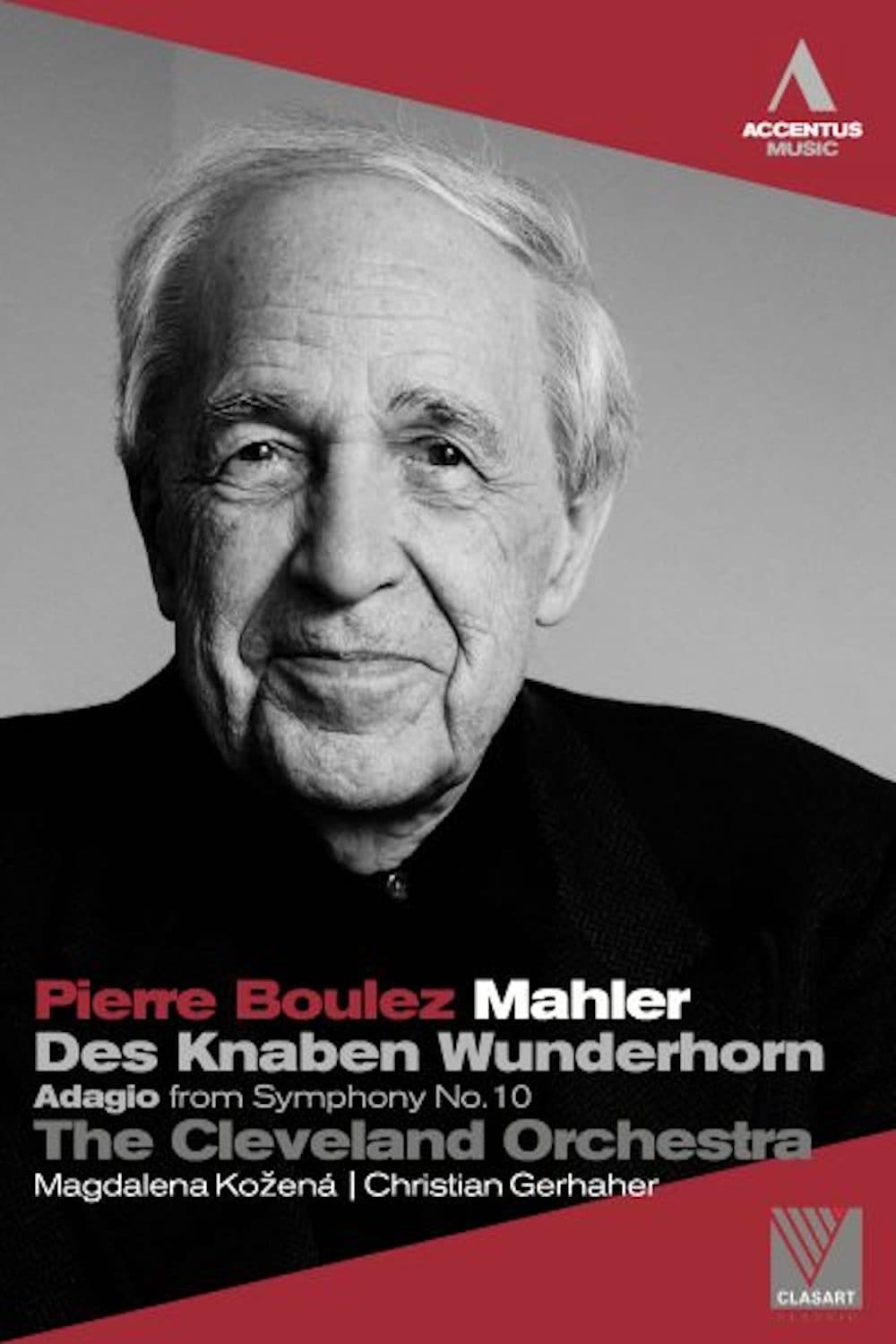
In celebration of the 150th anniversary of Mahler’s birth and just one month short of his own 85th birthday, composer-conductor Pierre Boulez marked his forty-five-year collaboration with the Cleveland Orchestra by directing this very special Mahler-only concert at Ohio’s splendid Severance Hall. Following the Adagio from the unfinished Tenth Symphony, he presented Twelve Songs from Des Knaben Wunderhorn with soloists Magdalena Kožená and Christian Gerhaher, both much-sought-after opera and concert singers on the world’s leading stages.
Knots and Fields examines the aesthetic debates and tensions that have animated the Darmstadt courses over six decades, exploring their relevance today in an increasingly globalised environment.
An all Bartók programme featuring one of the leading violinists - Gidon Kremer - and one of the world's leading viola players - Yuri Bashmet. The Berlin Philharmonic, conducted by Pierre Boulez, conclude this concert with the The Miraculous Mandarin, a work composed in 1918-1919. By the time it was premiered, the score caused a scandal due to the eroticism of its argument.
In the centenary year since the founding of the Ballets Russe, this documentary looks back at Sergei Diaghilev and the company he created, what they did and the influence they had, even a 100 years later.
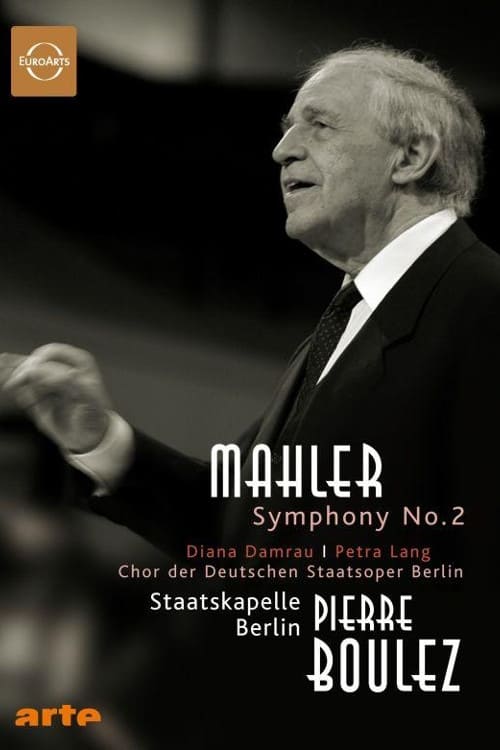
In 2005, the Staatsoper Berlin and its orchestra, the Staatskapelle Berlin under musical director Daniel Barenboim, celebrated a series of events to celebrate the 80th birthday of French conductor and composer Pierre Boulez. Artistically associated for decades with Barenboim and Berlin, Pierre Boulez is one of today's most distinguished composers and conductors. As part of the celebration, Boulez conducted a performance of Mahler's "Resurrection" Symphony at the Berlin Philharmonie. With his uncompromising approach to the score, Pierre Boulez's Mahler readings have long fascinated critics and audiences alike. Boulez eschews the romanticized readings common in performance tradition and, instead, reveals the real joy and terror in Mahler's large-scale symphonies.
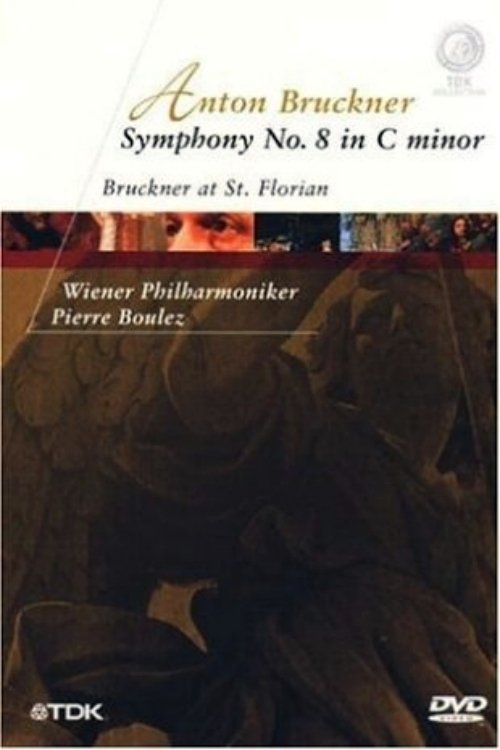
On the 100-year anniversary of the death of Joseph Anton Bruckner, Pierre Boulez conducts the Wiener Philharmoniker in their interpretation of Bruckner's "Symphony No. 8." A complex masterpiece, the composition is considered one of the last great Romantic symphonies. Classical music lovers will delight at Boulez's beautiful rendition of the strongly emotional piece that remains true to Bruckner's original intentions.
Pierre Louis Joseph Boulez (26 March 1925 – 5 January 2016) was a French composer, conductor and writer, and the founder of several musical institutions. He was one of the dominant figures of post-war contemporary classical music. Born in Montbrison, in the Loire department of France, the son of an engineer, Boulez studied at the Conservatoire de Paris with Olivier Messiaen, and privately with Andrée Vaurabourg and René Leibowitz. He began his professional career in the late 1940s as music director of the Renaud-Barrault theatre company in Paris. He was a leading figure in avant-garde music, playing an important role in the development of integral serialism in the 1950s, controlled chance music in the 1960s and the electronic transformation of instrumental music in real time from the 1970s onwards. His tendency to revise earlier compositions meant that his body of work was relatively small, but it included pieces considered landmarks of twentieth-century music, such as Le Marteau sans maître, Pli selon pli and Répons. His uncompromising commitment to modernism and the trenchant, polemical tone in which he expressed his views on music led some to criticise him as a dogmatist. Boulez was also one of the most prominent conductors of his generation. In a career lasting more than sixty years, he was music director of the New York Philharmonic, chief conductor of the BBC Symphony Orchestra and principal guest conductor of the Chicago Symphony Orchestra and the Cleveland Orchestra. He made frequent appearances with many other orchestras, including the Vienna Philharmonic and the Berlin Philharmonic. He was known for his performances of the music of the first half of the twentieth century—including Debussy and Ravel, Stravinsky and Bartók, and the Second Viennese School—as well as that of his contemporaries, such as Ligeti, Berio and Carter. His work in the opera house included the production of Wagner's Ring cycle for the centenary of the Bayreuth Festival, and the world premiere of the three-act version of Berg's opera Lulu. His recorded legacy is extensive. He also founded several musical institutions. In Paris he set up the Domaine musical in the 1950s to promote new music; in the 1970s he established the Institut de Recherche et Coordination Acoustique / Musique (IRCAM), to foster research and innovation in music, and the Ensemble intercontemporain, a chamber orchestra specialising in contemporary music. Later he co-founded the Cité de la musique, a concert hall, museum and library dedicated to music in the Parc de la Villette in Paris and, in Switzerland, the Lucerne Festival Academy, an international orchestra of young musicians, with which he gave first performances of many new works. ... Source: Article "Pierre Boulez" from Wikipedia in English, licensed under CC-BY-SA 3.0.
By browsing this website, you accept our cookies policy.